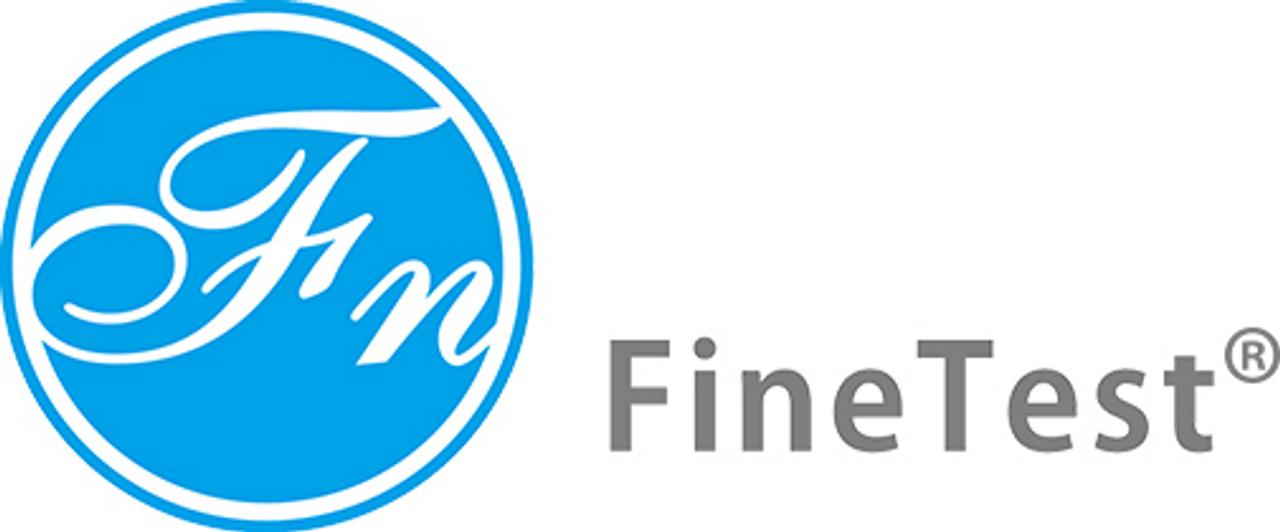Product Description
anti- TXK antibody is available at Gentaur for Next week Delivery.
Purification: Immunogen affinity purified
Background: Non-receptor tyrosine kinase that plays a redundant role with ITK in regulation of the adaptive immune response. Regulates the development, function and differentiation of conventional T-cells and nonconventional NKT-cells. When antigen presenting cells(APC) activate T-cell receptor(TCR), a series of phosphorylation lead to the recruitment of TXK to the cell membrane, where it is phosphorylated at Tyr-420. Phosphorylation leads to TXK full activation. Contributes also to signaling from many receptors and participates in multiple downstream pathways, including regulation of the actin cytoskeleton. Like ITK, can phosphorylate PLCG1, leading to its localization in lipid rafts and activation, followed by subsequent cleavage of its substrates. In turn, the endoplasmic reticulum releases calcium in the cytoplasm and the nuclear activator of activated T-cells(NFAT) translocates into the nucleus to perform its transcriptional duty. With PARP1 and EEF1A1, TXK forms a complex that acts as a T-helper 1(Th1) cell-specific transcription factor and binds the promoter of IFNG to directly regulate its transcription, and is thus involved importantly in Th1 cytokine production. Phosphorylates both PARP1 and EEF1A1. Phosphorylates also key sites in LCP2 leading to the up-regulation of Th1 preferred cytokine IL-2. Phosphorylates 'Tyr-201' of CTLA4 which leads to the association of PI-3 kinase with the CTLA4 receptor..
Immunogen: TXK tyrosine kinase
Synonyms: TXK, Protein tyrosine kinase 4, TXK tyrosine kinase, TKL, BTKL
Reactivity: Human
Tested Application: ELISA, IHC, IF
Recommended dilution: IF: 1:10-1:100; IHC: 1:20-1:200
Image 1: Immunohistochemical of paraffin-embedded human lymphoma using FNab09121(TXK antibody) at dilution of 1:100
Image 2: .
Image 3:
Image 4:
Gene ID: 7294
Research Area: Metabolism
Uniprot ID: P42681
 Euro
Euro
 British Pound
British Pound
 US Dollar
US Dollar








